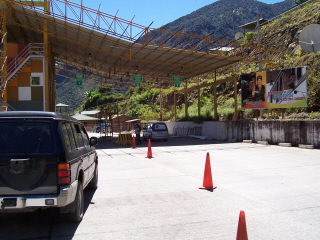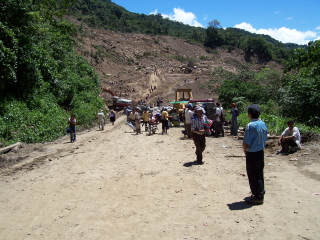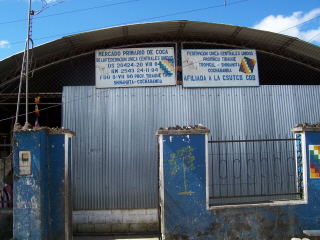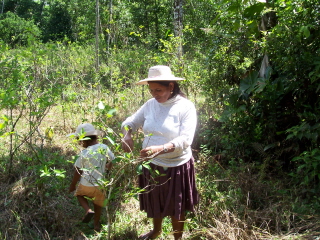Treating Drug Addiction With Addictive Drugs
Jacob Sullum at Reason is incredulous over a new Vancouver program that administers maintenance doses to stimulant addicts:
As long as legalization is out of the picture, taxpayers must choose between subsidizing the addictions of sometimes unsympathetic characters, or subsidizing by default the black market profiteers who would otherwise provide for them.
Anyone who canât come to terms with this will love Joe Biden's hilariously unworkable plan to eradicate drugs from the earth with biological weapons.
The government drives [stimulants] into the black market and then allows the select few who are sufficiently f#@ked up to get oral stimulants at taxpayers' expense. Meanwhile, doctors commonly prescribe stimulants to people who have trouble focusing and paying attention, a condition that used to be self-treated but nowadays is recognized as a disease requiring professional diagnosis. If you take these drugs without that diagnosis, you also have a diseaseâdrug dependenceâthat one day, if we're lucky, may be treated by giving you the drugs.The whole thing is mind-numbingly absurd. Try as we might to rein them in, drug policies continue to boldly defy the boundaries of logic at every turn. Still, Sullum's assessment of government sponsored maintenance programs gives me pause.
This strikes me as exactly the wrong way to achieve drug policy reform, guaranteed to alienate people who might be willing to let others use drugs but don't want to pick up the tab for it. The message should be freedom coupled with responsibility, not government-subsidized drug addiction.I'm not saying he's wrong, but I sure hope he is. Though ideal, the freedom/responsibility model isn't exactly resonating either. To whatever extent such programs are bad because they piss off taxpayers, one hopes they'll earn their keep by mitigating the destructive conditions that necessitate counterintuitive ideas like stimulant maintenance in the first place. Demonstrating that such programs actually save money while reducing harm should eventually placate reasonable skeptics.
As long as legalization is out of the picture, taxpayers must choose between subsidizing the addictions of sometimes unsympathetic characters, or subsidizing by default the black market profiteers who would otherwise provide for them.
Anyone who canât come to terms with this will love Joe Biden's hilariously unworkable plan to eradicate drugs from the earth with biological weapons.
 US-funded FELCN (Special Force for the Struggle Against Narcotics) checkpoint between Cochabamba and Chapare, search being conducted for cocaine and precursors
US-funded FELCN (Special Force for the Struggle Against Narcotics) checkpoint between Cochabamba and Chapare, search being conducted for cocaine and precursors
 Site of major landslide produced by massive rainstorms. Buses and trucks by the dozens were backed up here. We had to leave the jeep on the near side, walk across the landslide, hire motorcyclists to carry us about a mile to where taxis were waiting, then hire a taxi for the afternoon in the Chapare.
Click the "read full post" link or
Site of major landslide produced by massive rainstorms. Buses and trucks by the dozens were backed up here. We had to leave the jeep on the near side, walk across the landslide, hire motorcyclists to carry us about a mile to where taxis were waiting, then hire a taxi for the afternoon in the Chapare.
Click the "read full post" link or 
